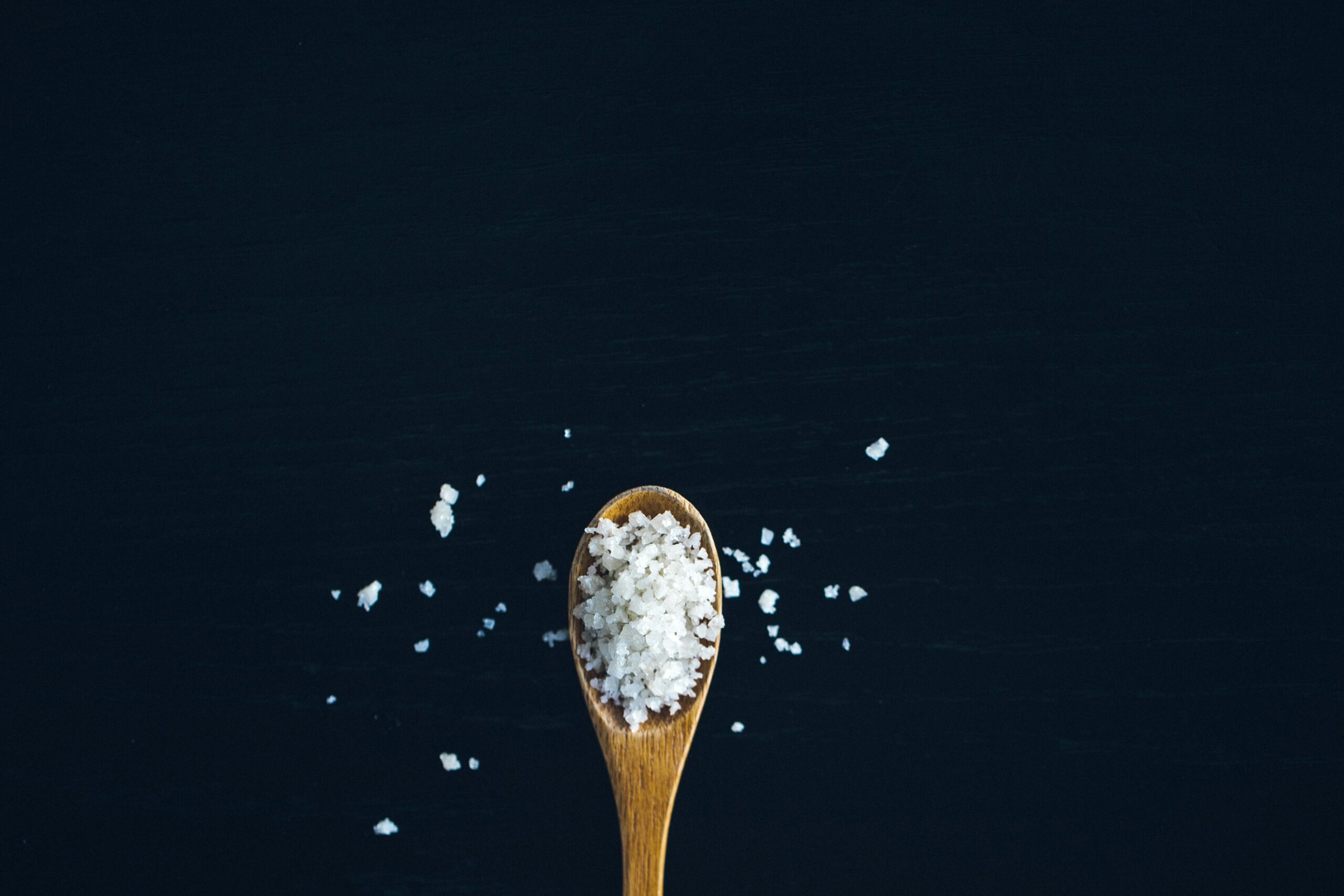Too Much Salt May Inflame Brain, Increase Blood Pressure: New Study Warns
A high-salt diet is often associated with high blood pressure, but new research now suggests it may also cause inflammation in the brain. The findings could open the door to new treatment approaches for hypertension, particularly in patients who do not respond well to standard therapies.
Brain at the Center of Salt-Induced Hypertension
Researchers from McGill University, Canada, led by Masha Prager-Khoutorsky, discovered that consuming a diet high in sodium can trigger immune activity inside the brain. The study, published in the prestigious journal Neuron, found that excessive salt intake stimulates microglia — immune cells in the brain — which in turn causes inflammation in a region responsible for regulating blood pressure.
This process increases the release of vasopressin, a hormone that raises blood pressure by affecting the kidneys and blood vessels. While hypertension has traditionally been linked to the heart, kidneys, and blood vessels, this study highlights the brain as a previously underestimated player in the disease.
The researchers conducted experiments on rats, giving them a solution containing 2% salt — comparable to the levels found in salty snacks, processed meats, and fast foods consumed by many people today. Within weeks, rats showed higher blood pressure and clear signs of brain inflammation.
Why This Finding Matters
According to the World Health Organization (WHO), more than 1.28 billion adults worldwide suffer from hypertension, and about one-third of patients fail to respond adequately to existing medications. Current treatments largely target the vascular system and kidneys, but this study suggests that in some individuals, the root cause may lie in the brain itself.
“This discovery provides us with a new therapeutic target. If we can regulate inflammation and immune activity in the brain, we may be able to treat forms of hypertension that are resistant to conventional drugs,” the researchers noted.
Using advanced super-resolution microscopy, the team even created 3D reconstructions of brain immune cells, showing how microglia were actively engulfing nearby neurons — a direct marker of inflammation.
Wider Health Concerns Linked to Salt

The findings add to the growing body of evidence linking excessive salt intake to serious health risks. Beyond hypertension, high sodium levels have been associated with strokes, kidney disease, and even cognitive decline.
A recent report from the American Heart Association highlighted that consistently eating more than the recommended 5 grams of salt per day (about one teaspoon) significantly increases long-term health risks. Yet, global data shows that most adults consume nearly double that amount, mainly through processed and packaged foods.
Studies also suggest that diets rich in potassium — found in fruits, vegetables, and nuts — can counteract some of the harmful effects of sodium, making dietary balance crucial.
The Way Forward: Prevention and New Therapies
The McGill study suggests that the brain should now be considered a key therapeutic target for future hypertension treatments. Researchers believe drugs that reduce microglial activity or regulate vasopressin signaling could benefit patients whose high blood pressure remains uncontrolled by current medications.
For the general public, the advice remains clear:
- Limit daily salt intake to less than 2,300 mg of sodium (ideally 1,500 mg), as recommended by health authorities.
- Reduce reliance on processed foods, where hidden sodium levels are often high.
- Follow dietary patterns such as the DASH diet or Mediterranean diet, both of which emphasize fresh produce, whole grains, lean proteins, and low sodium.
Conclusion
The study underscores the powerful role diet plays not only in cardiovascular health but also in brain function. Too much salt does not just elevate blood pressure through the kidneys and blood vessels — it may also inflame the brain, adding another dangerous dimension to the problem.
For millions of people living with hypertension, especially those resistant to current medications, this research offers new hope. At the same time, it serves as a reminder that one of the simplest steps individuals can take to protect both heart and brain health is to cut back on salt.
Also Read: Malaria Without Hospital? What Doctors Won’t Tell!
A tech-driven content strategist with 6+ years of experience in crafting high-impact digital content. Passionate about technology since childhood and always eager to learn, focused on turning complex ideas into clear, valuable content that educates and inspires.

